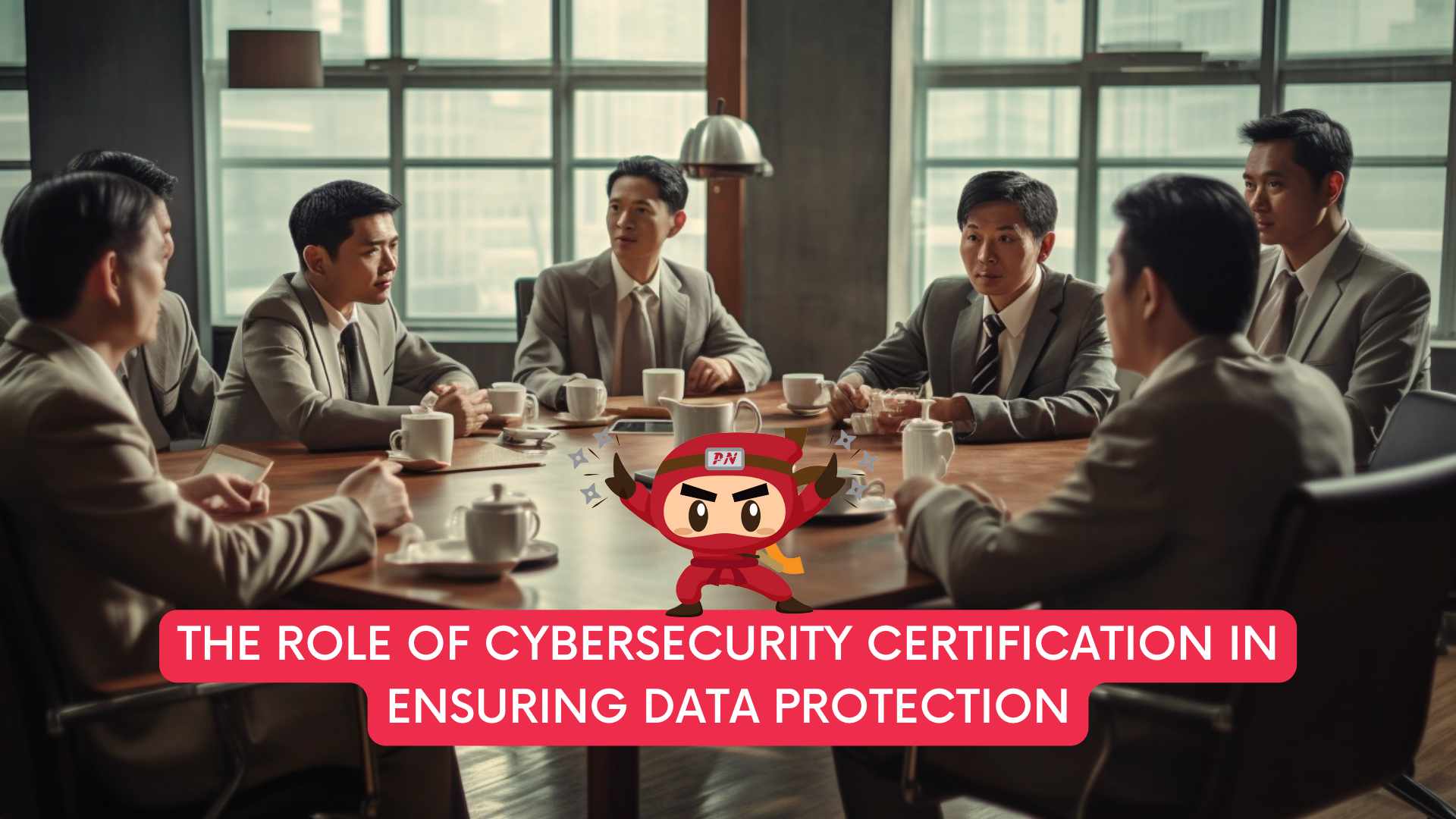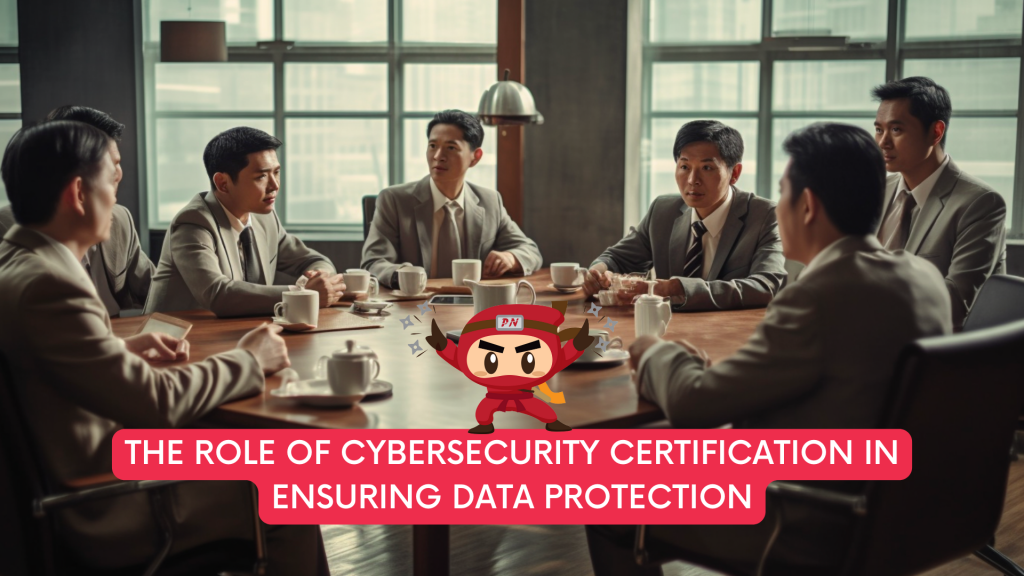KEEP IN TOUCH
Subscribe to our mailing list to get free tips on Data Protection and Cybersecurity updates weekly!







In the current digital landscape, where personal data has become a significant asset, ensuring its security is paramount for organizations. One effective way of demonstrating commitment to data security is by obtaining cybersecurity certifications such as the Cyber Essentials mark.
Cybersecurity certification provides a set of established standards against which an organization’s cybersecurity measures are assessed. The certification process allows organizations to identify and rectify any weaknesses in their cybersecurity infrastructure. It also aids organizations in prioritizing the implementation of cybersecurity measures that are most critical to safeguarding their data.
Cybersecurity certification provides multiple benefits:

The Cyber Essentials mark is a notable example of a cybersecurity certification. It is targeted at organizations, including small and medium enterprises (SMEs), that are embarking on their cybersecurity journey. The certification helps organizations prioritize the necessary cybersecurity measures and demonstrates their dedication to data protection.
Obtaining cybersecurity certification is an important step that organizations can take to enhance their data protection measures. It not only helps in identifying and plugging security gaps but also builds stakeholder trust by demonstrating the organization’s commitment to data security. In a world where data breaches are becoming increasingly common, cybersecurity certification can serve as a significant differentiator for organizations in Singapore.

Your appointed DPO can work with you on your PDPA compliance, ensuring that there will be policies in place to make sure that the handling of personal data is PDPA compliant. This includes promptly responding to the PDPC with their queries to expedite the investigations and prevent a harsher penalty from the Commission.
A Data Protection Officer (DPO) oversees data protection responsibilities and ensures that organisations comply with the Personal Data Protection Act (PDPA). Furthermore, every Organization’s DPO should be able to curb any instances of PDPA noncompliance as it is the officer responsible for maintaining the positive posture of an organisation’s cybersecurity.
DPOs complement organisations’ efforts to ensure that the organisation’s methods of collecting personal data comply with the PDPA. It also ensures that policies are set in place to make sure that there will be no instances of data breaches in the future.
Don’t wait any longer to ensure your organisation is PDPA compliant. Take our free 3-minute PDPA Compliance Self-audit checklist now, the same “secret weapon” used by our clients to keep them on track. Upon completion, we will send you the results so you can take the necessary action to protect your customers’ data. Complete the free assessment checklist today and take the first step towards protecting your customers’ personal data.